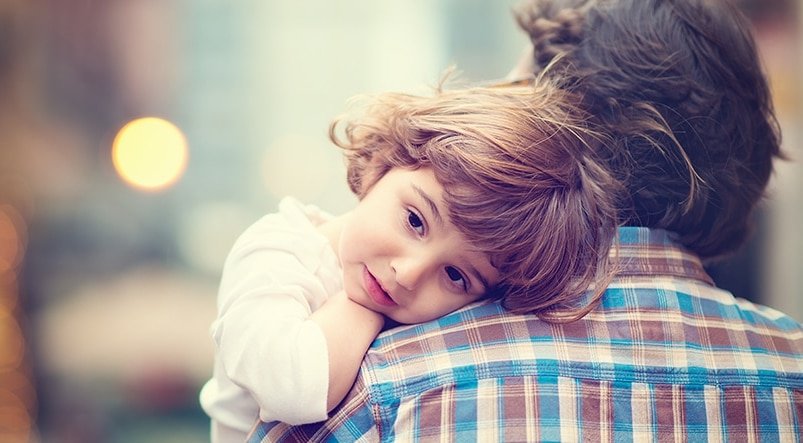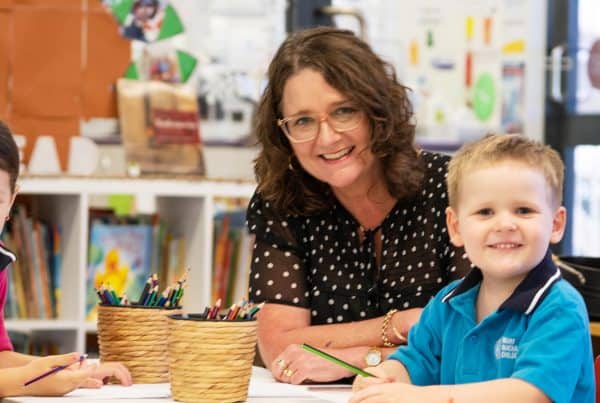When a significant and / or life threatening event happens, you can help your children / teenagers through the event confidently and thoughtfully when you work through these steps.
1. Talk about what happened. Give each child individual attention and allow them in their own time to talk about what happened and more importantly how they were feeling during the event… fear, desperation, shock, anger, disbelief etc. There is no need to make judgements. Remind children that there will be times when significant events happen in their lives and they will get through them with support and encouragement.
2. Normalise Feelings. Keep reassuring your children that these feelings are natural in the circumstances and that they are safe and ok, and it is helpful when you can talk about these feelings openly with them. Older teenagers may find it easier to talk with their friends. Keep reminding them that they are loved, and they can get through this difficult time.
3. Project positive vibes. Even though you may be experiencing fear and anxiety yourself, try not to project these fears and anxieties on to your children. This may happen unintentionally. Even though times may be tough financially or emotionally, discuss difficulties in private as children may be listening and become further burdened with sadness, guilt or fear.
4. Get back to normality as soon as possible. The sooner your children get back to a normal routine they will feel safe and secure. They need to have certainty and consistency in their lives. You can provide this through setting up daily routines and tasks…allowing your children to take responsibility for some chores which can be done regularly to support the family.
5. Be optimistic. Look to the future with confidence. Things will get better. Get children involved in planning for the future…this will give them some control over their lives. If they believe in a hopeful future, it will give their lives purpose. They will be able to bounce back when other challenges arise.
6. Help others. By spending time helping others, your children will learn the value of compassion and empathy and the best way they will learn this is from you and the adults and role models around them. Allow them to do some volunteering or discuss other ways they can help or support others.
7. Have fun! No matter what is happening around you, find time to joke and laugh and do some stupid things…the kids will find it very entertaining and will join in as you lighten up, smile, laugh and enjoy their company!
You may find it difficult dealing with the thoughts and feelings of children after a significant event especially when you yourself have such strong adverse emotions. You may feel very frustrated, angry and uncertain of the future.
While these feelings may be normal, how are you dealing effectively with these emotions? Many caring and concerned parents are finding benefit in getting help to learn how to better manage these thoughts and emotions. When you have help, you will be more positive and confident in your relationships. Take advantage of the support structures available in the community.
Find out more about Kathy Donaldson’s approach to healing after trauma online.





